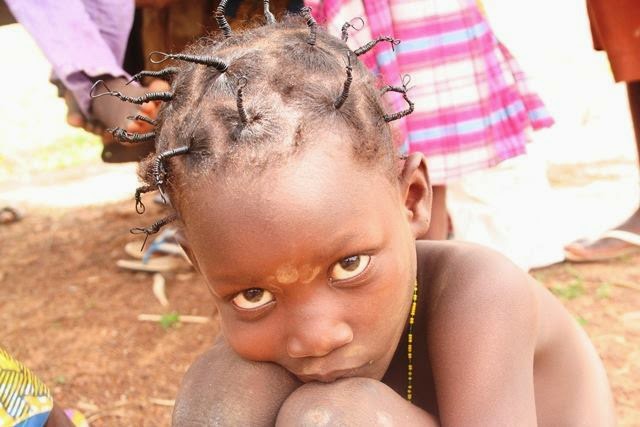The end of polio in Africa?
AFRICA HAS reported some genuinely good news in the battle to eradicate polio. Late last month , Nigeria passed a full year without a case of wild poliovirus. As of Aug. 11, it has been a year since the last case was detected anywhere on the continent (it was in Somalia). These anniversaries are unofficial milestones, but they point toward continued progress against polio, a scourge that once claimed hundreds of thousands of lives each year. Unfortunately, polio has shown a fierce tendency to return. Hopefully this time will be different.
Nigeria’s accomplishment is impressive. The country suffered a major setback in the struggle against the disease more than a decade ago when a state governor and religious leaders in the predominantly Islamic north put into effect a year-long vaccination ban, claiming that the vaccines were contaminated by the West to spread sterility and HIV/AIDS among Muslims. This led to a wider outbreak of the virus, which is highly contagious, largely strikes children under 5 years old and can cause permanent paralysis. Another effort by Nigeria to come to grips with polio in 2009 seemed to falter when the militant group Boko Haram carried out a wave of violent attacks in the north that disrupted vaccination. The oral vaccine is effective if it can be given to enough children to prevent and interrupt transmission. As recently as 2012, Nigeria had 122 cases — and it now is down to zero.
A valuable lesson from Nigeria is that containing polio requires a multifaceted campaign that goes beyond dispensing vaccines. One important tactic was to address head-on the rumors and myths about the vaccine that undermined earlier campaigns. Local volunteers were brought in to build trust. Health teams used “hit and run” tactics to enter a dangerous area quickly, vaccinate and then exit. Yet another approach was to offer “health camps” that provided a wide array of everyday medical treatments, not just for polio, which gave parents an incentive to bring their children for vaccination. Nigeria also benefited from the determined focus of organizations such as Rotary International, which invested $207 million to fight polio in the country, as well as the Bill and Melinda Gates Foundation, UNICEF, the Centers for Disease Control and Prevention, the World Health Organization and others.
Africa must be free of the virus for two more years, under rigorous surveillance, before the WHO can declare it polio-free. The progress so far is fragile, but real, and attention should now be focused on campaigns against polio in Pakistan and Afghanistan, the last two nations where it is endemic. Pakistan is making a fresh attempt to corral the virus, and so far this year has only 29 cases, compared with 115 at the same time last year (and a year-end total of 306 ). Everyone ought to draw from Nigeria’s experience, which showed that battling polio is not only about the vaccinations but also about waging a complex war of logistics and, ultimately, winning over the hearts and minds of people.




Comments
Post a Comment